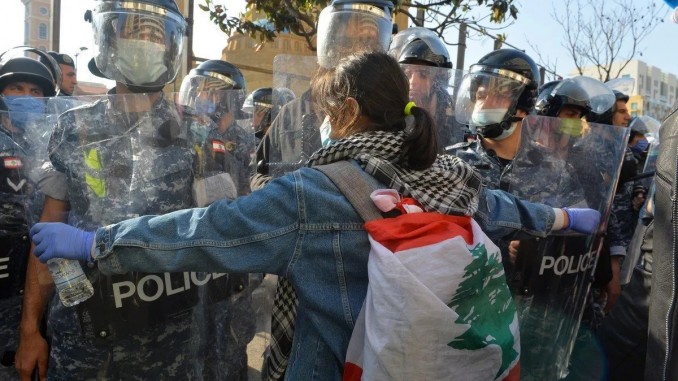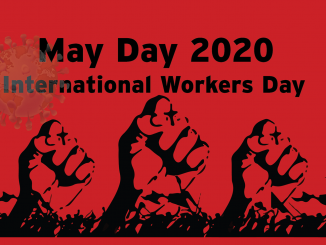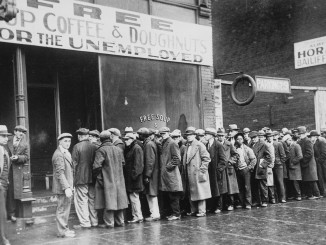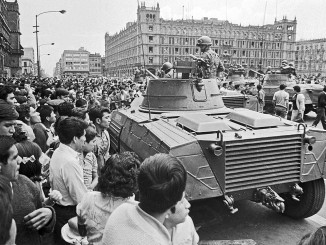
Huge, often violent, protests have rocked Lebanese cities in recent days. While the COVID-19 crisis may be a contributing factor, they are in fact a continuation of a rebellion that began last October and brought down the government of Prime Minister Saad Hariri.
The issues last year were new taxes, high unemployment, government corruption, and the lack of basic services including water, sanitation, and electricity. Banks refused to allow depositors to get cash in fear of a crash. The new government that took office in December failed to resolve the crisis.
Then the coronavirus hit. The economy, already bad, came close to a standstill as in the rest of the world. The unemployed and those already in poverty, who make up at least half the population, have been thrown deeper into despair. Those in refugee camps, often already starving, are at the brink. Large numbers of migrant women workers from Africa and Asia are out of work in a strange land.
Protesters have firebombed banks and fought against government troops in the streets while wearing masks to protect from COVID-19.
It’s no surprise that people are fighting back against the government and the banks. As in the rest of the world, as long as those in power stay in power, many working class people have no choice but to fight or die, especially now with the risk of the virus. As one local activist in Tripoli said, “I think the coronavirus is the least of [the protesters’] concerns. People are really, really desperate. What happened yesterday is an authentic reaction to the desperation, to the frustration and to the pain that people are feeling. It’s not normal pain. It’s the pain of when you’re hungry, you’re angry, and you’re sad that you can’t pay rent anymore and you can’t eat.”
Featured image credit: Houssam Shbaro/Anadolu Agency




